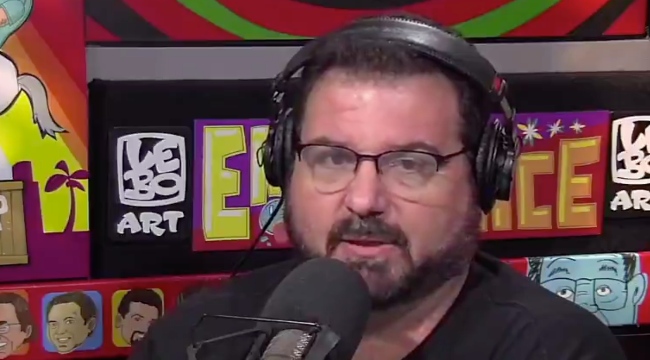
Much of the conversation surrounding the current political moment in the United States revolves around the ongoing feud between Donald Trump and group of first-term Democratic congresswomen nicknamed “The Squad”: Alexandria Ocasio-Cortez of New York, Ilhan Omar of Minnesota, Ayanna Pressley of Massachusetts, and Rashida Tlaib of Michigan. The four congresswomen have made headlines during their tenures as they have worked to introduce more progressive policies in what is described as an attempt to bring the Democratic Party more to the left.
Trump, meanwhile, has moved on from his recent war of words with Megan Rapinoe of the United States Women’s National Team and has turned his focus to The Squad. Among other misleading or outright false claims Trump has made about members of the group, he recently tweeted that they “originally came from countries whose governments are a complete and total catastrophe” before suggesting they “go back and help fix the totally broken and crime infested places from which they came.” Beyond the fact that this is a racist line of attack levied towards four women of color, it’s not based in fact — three of the four were born in the United States.
This boiled over on Wednesday night, when a Trump rally in Greenville, N.C. included a frenzied “send her back” chant directed toward Omar, whose family came to the U.S. from Somalia as they sought asylum when she was a child and who became an American citizen as a teenager. It has led to the president coming under intense scrutiny, with one of the more passionate responses coming from ESPN personality Dan Le Batard, who on Thursday addressed the chant, Trump’s rhetoric, and ESPN’s recent policy trying to cut back on political discussion on his radio show.
Stop what you're doing and watch this.@LeBatardShow responds to the racist "Send her back" and "Go back to your country" attacks against Ilhan Omar and other congresswomen.
"If you're not calling it abhorrent, obviously racist, dangerous rhetoric, you're complicit." pic.twitter.com/ntOC2Seg3b
— Erick Fernandez (@ErickFernandez) July 18, 2019
The entire speech is worth a watch and adds important context to the discussion— Le Batard’s parents came to the United States from Cuba when they were teenagers, and as such, he speaks about how this sort of dialogue cuts deep.
“This is deeply offensive to me as somebody whose parents made all the sacrifices to get to this country,” Le Batard says. “’Send her back,’ how are you any more American than her? You’re more privileged? You’re whiter? You’re richer? People don’t know if you’re money’s real or not. You’ve had every privilege afforded to you by America, every privilege, and now, what you do with that power is you go after brown people and black people and minorities?”
He also spoke at length about ESPN’s approach to political discussion and how he believes it’s “cowardly,” relying on figures in the world of sports to discuss these sort of things before they’re willing to dip their toe in the water and use the various athletes or coaches who speak out against injustice as “a meat shield.” Part of the reason Le Batard objects to this is how sports have acted as a vehicle for societal change.
“We don’t talk about what is happening unless there is some sort of weak, cowardly sports angle that we can run it through when sports has always been a place where this stuff changes,” Le Batard says. “Muhammad Ali was fighting for this stuff in the ‘60s. Bill Russell and Jim Brown are really old, Kareem Abdul-Jabar is old. The most powerful among us in sports who were fighting in the Civil Rights era for atrocities happening to black people that we’re still paying for now, in a country where this is our greatest sin, what has happened to minorities in this country.”
To close, Le Batard critiqued ESPN’s policy once more and echoed a tweet that FS1 personality Nick Wright sent out on the subject, saying, “We won’t talk about it unless Russell Wilson is saying something about it on his Instagram page. Then we have the power to run with it. Weak ass shield, it is antithetical to what we should be, and if you’re not calling it abhorrent, obviously racist, dangerous rhetoric, you’re complicit.”






